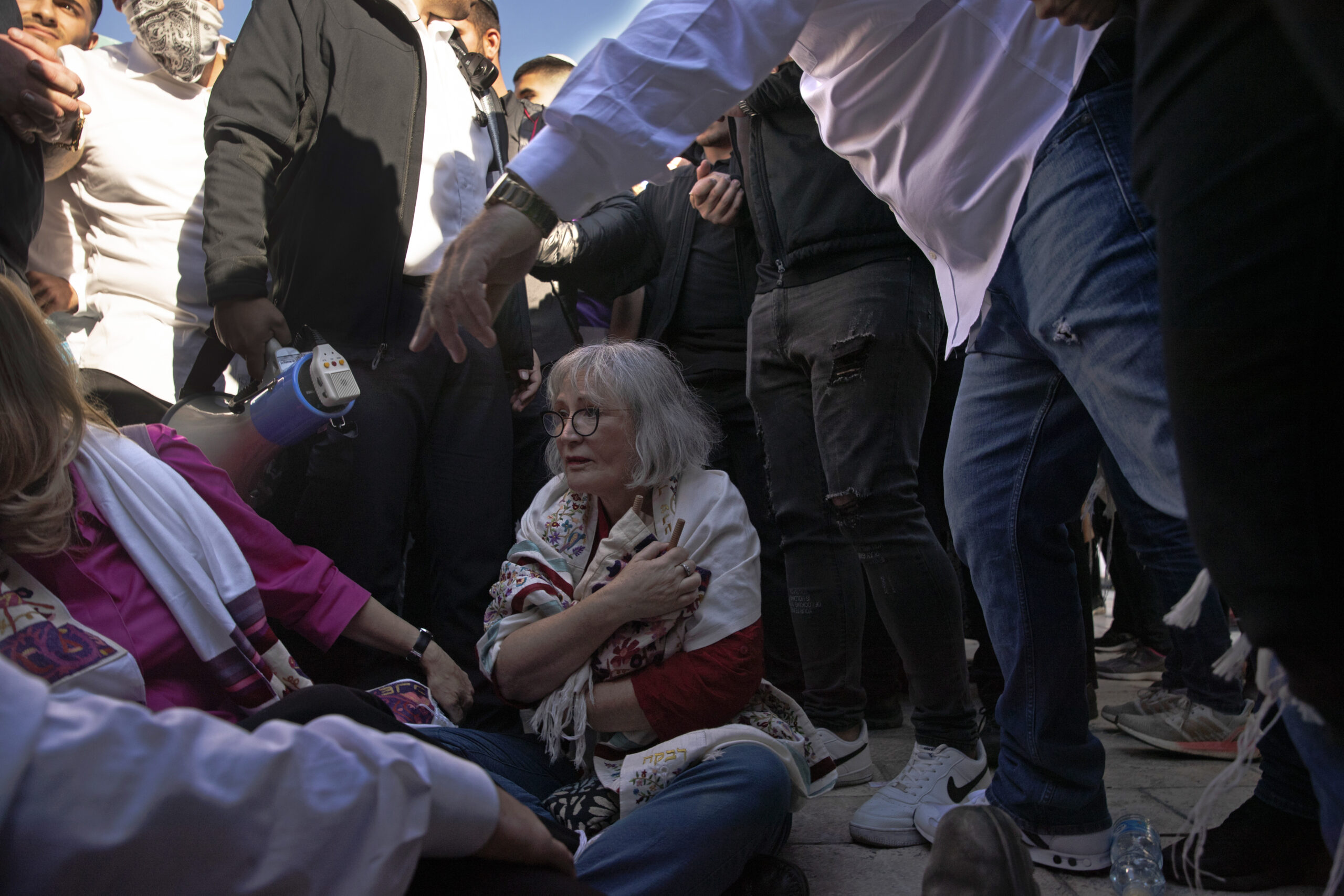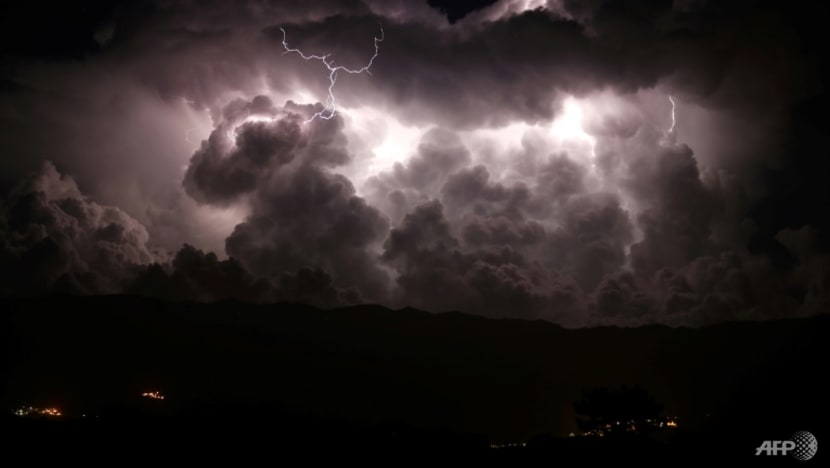bdawson@insider.com (Bethany Dawson)

He added the virus was created by the WHO, UN, and Bill Gates to control the world.
Michael Flynn's recent conspiracy comments have led to his honorary degree being stripped from him.
Michael Flynn, Donald Trump's former security advisor, has developed a new angle to COVID-19 conspiracy theories, claiming the virus was a hoax created to steal the 2020 US election.
He told Alex Jones' Infowars show that COVID-19 was created by "global organizations" such as the World Health Organization (WHO) and the UN "for a couple of reasons, one of the big reasons was to steal [the 2020] election"
The baseless claims of election fraud in the 2020 presidential election have been investigated and debunked repeatedly.
Flynn told Infowars that the World Health Organization, the United Nations, and global organizations "see themselves as 'this is how we can rule the world, this is how we can control societies, this is how we can control humanity.'"
"So let's introduce something called Covid, and they did it," he said.
Flynn, who has become a prominent figure in the QAnon conspiracy theory, said in an interview in May 2021 that the virus was made up before November 3 "to gain control" of society, according to a report by Insider's Sophia Ankel.
COVID-19 has so far killed over 5.6 million people across the world, according to the WHO.
The WHO also noted, in September 202o that as well as the public health risk of COVID-19, there was also an "infodemic" spreading misinformation that cost lives.
There is yet no confirmed understanding of exactly how the COVID-19 pandemic started. However, a report from the Office of the Director of National Intelligence (ODNI) states that the virus most likely came from a lab outbreak or infected animal.
Flynn also alleged that the January 6 Capitol insurrection and the foiled kidnapping plot of Michigan governor Gretchen Whitmer were events staged by the Biden administration.
Meanwhile, Flynn and Rudy Giuliani, had their honorary degrees from the University of Rhode Island stripped from them, last week.
Announcing the news on the University website, URI President Marc Parlange said: "Revoking these honorary degrees reinforces our values and allows us to lead with truth and integrity."













 Neither the Ecuadoran government nor OCP Ecuador have quantified the extent of the spill (AFP/Handout)
Neither the Ecuadoran government nor OCP Ecuador have quantified the extent of the spill (AFP/Handout)



